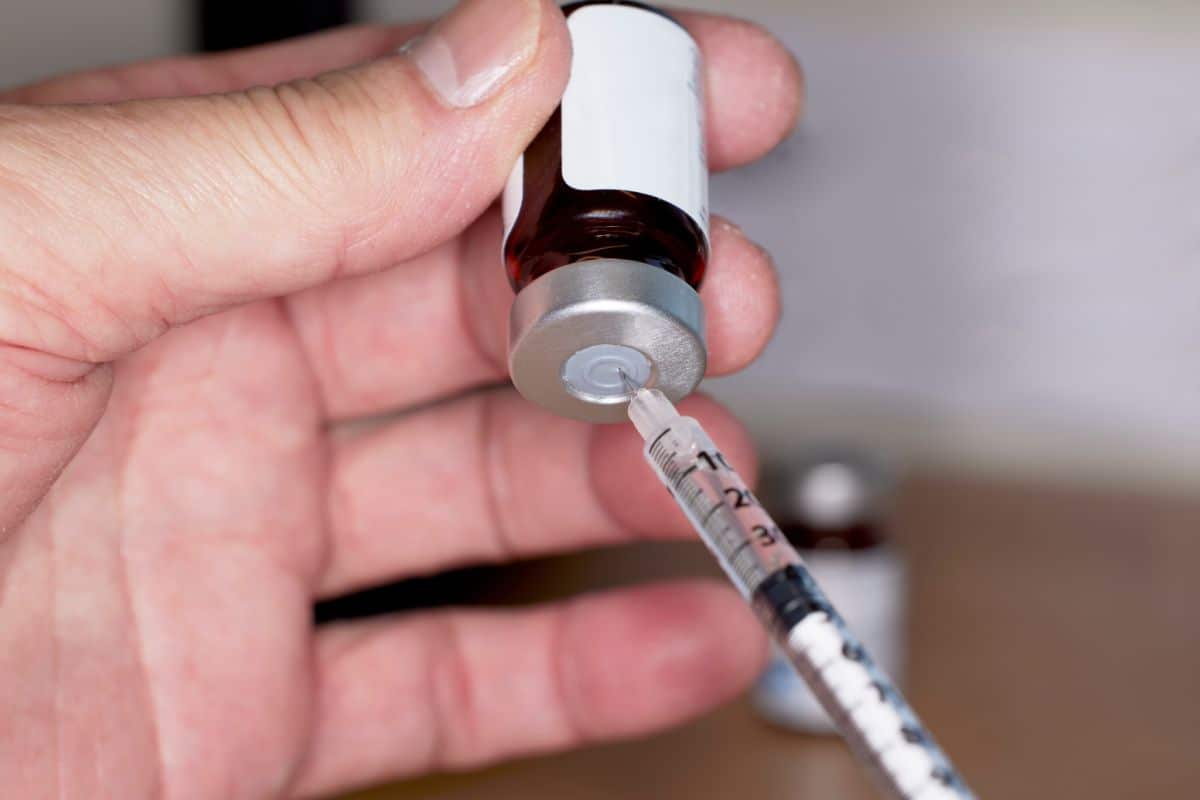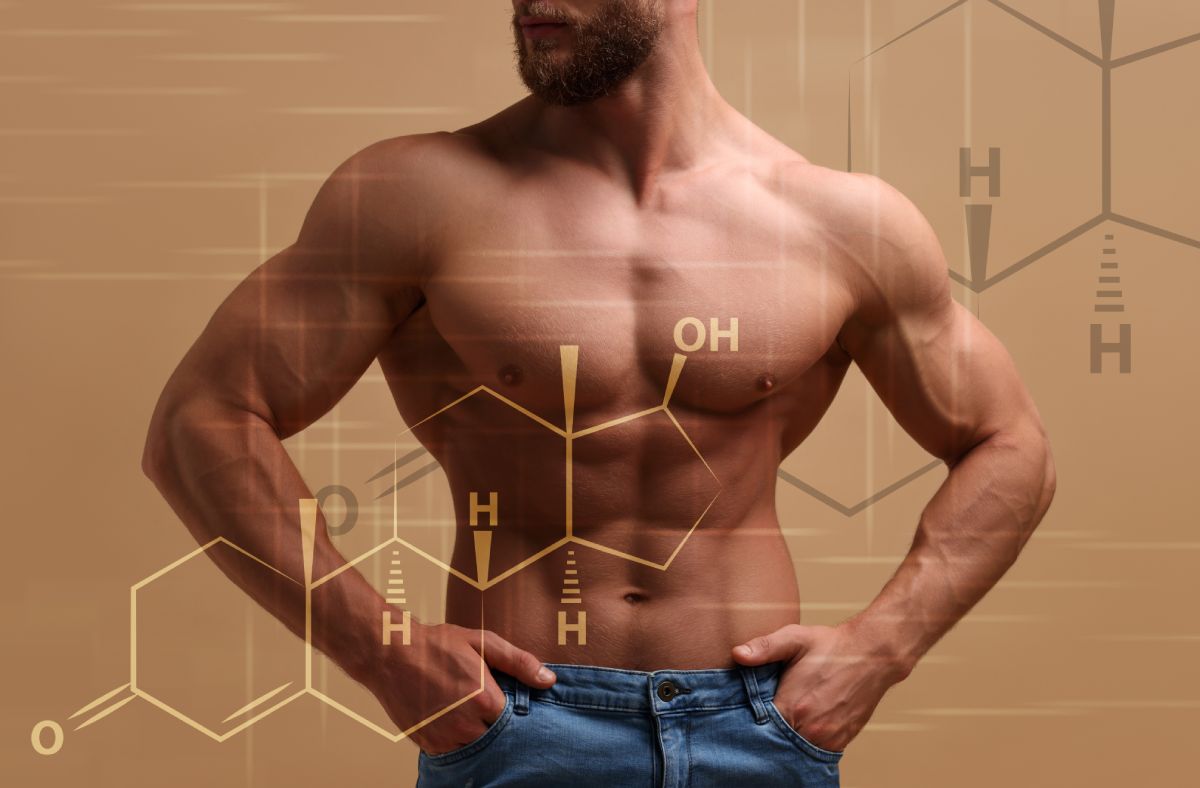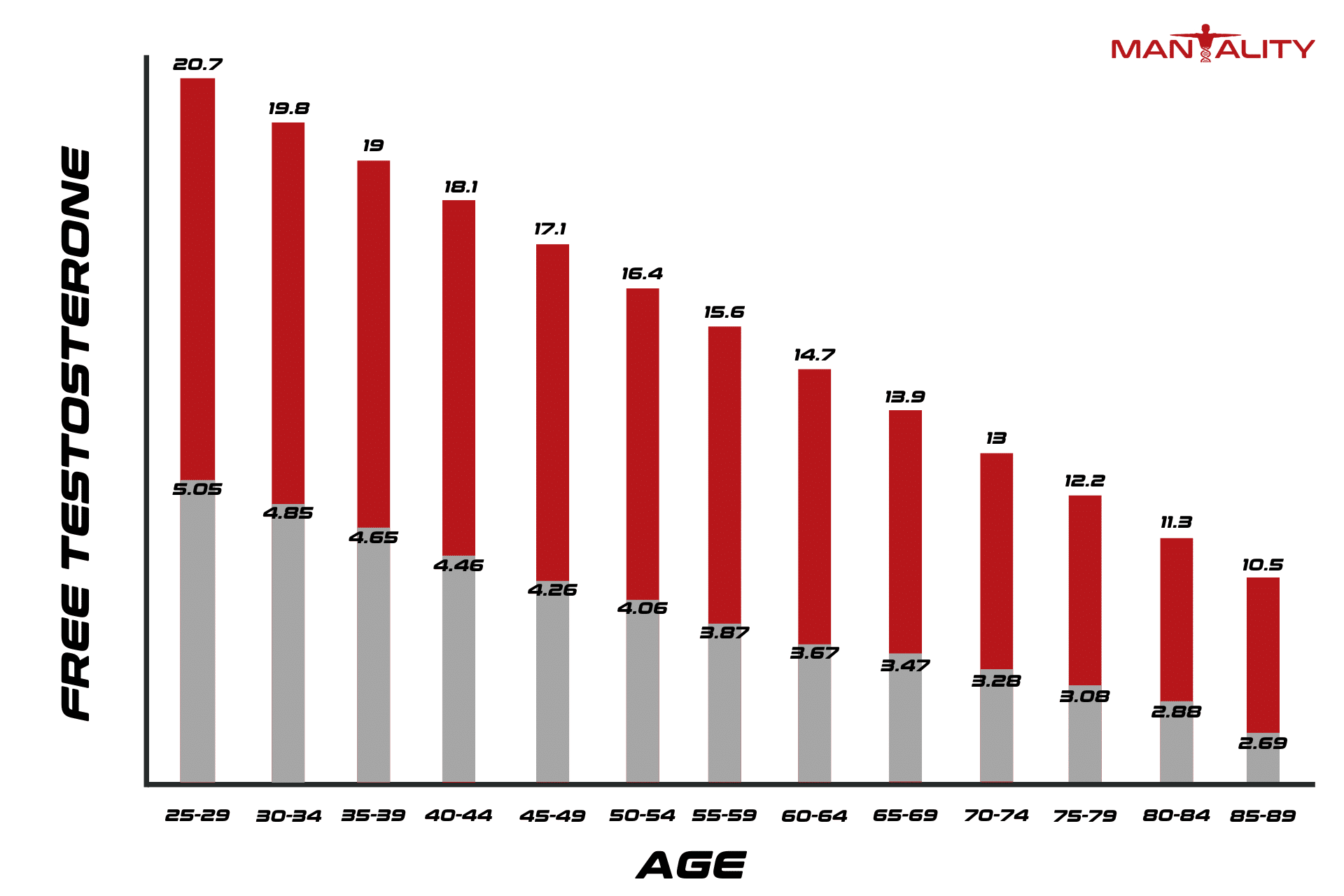Low testosterone, often referred to as testosterone deficiency, is a condition that affects many men, especially as they age. Symptoms of low testosterone can include low energy levels, reduced sex drive, insomnia, and even erectile dysfunction. If you’re experiencing any of these symptoms, it’s important to know that you have several low testosterone treatment options available. But which one works best?
Understanding Low Testosterone
Before diving into treatment options, it’s essential to understand what low testosterone is and how it can affect your life. Testosterone is the primary male sex hormone responsible for regulating sex drive, muscle mass, red blood cell counts, and overall energy levels. As men age, testosterone levels naturally decline, but for some, this drop can lead to significant health issues.
Low testosterone can result from various medical conditions, such as problems with the pituitary gland or certain health conditions that impact hormone production—even low testosterone insomnia. Blood tests are often required to diagnose testosterone deficiency and determine the best course of action.

Prescribed Testosterone Therapy
One of the most common and effective treatment options for low testosterone is prescribed testosterone therapy. This form of testosterone is administered under the supervision of a health care provider, usually through injections, gels, or patches. Prescribed testosterone can significantly increase testosterone levels, leading to improvements in energy levels, sex drive, and even muscle mass.
Benefits of Prescribed Testosterone Therapy:
- Rapid increase in testosterone levels
- Improves symptoms like low energy and sex drive
- Monitored by health care professionals for safety
Potential Risks:
- Increased risk of high blood pressure and blood clots
- May cause elevated red blood cell counts
- Requires regular monitoring and blood tests
Testosterone Supplements and Men’s Supplements
For those looking for a more natural approach, testosterone supplements and men’s supplements offer an alternative to prescribed therapy. These supplements are often marketed as a way to increase testosterone organically. They typically contain ingredients like zinc, magnesium, and herbal extracts known for their potential to boost testosterone levels.
While these supplements can be effective for some, it’s important to note that they may not be as potent as prescribed testosterone. Additionally, the results can vary widely, and not all supplements are created equal. It’s essential to choose high-quality products and consult with a health care provider before starting any supplement regimen.
Popular Testosterone Supplements:
- Zinc and Magnesium: Essential minerals that support hormone production.
- Fenugreek: A herb believed to boost testosterone and improve libido.
- DHEA: A hormone that serves as a precursor to testosterone.
Considerations:
- May take longer to see results compared to prescribed testosterone
- Effectiveness can vary between individuals
- Not regulated as strictly as prescription medications
Low Testosterone Treatment Online
In today’s digital age, low testosterone treatment online has become a convenient option for many men. Online clinics offer a range of services, from initial consultations to prescribed testosterone therapy. These platforms often provide easy access to blood tests, allowing you to monitor your testosterone levels from the comfort of your home.
Advantages of Online Treatment:
- Convenience of managing treatment from home
- Access to a broader range of treatment options
- Privacy and discretion
Things to Watch Out For:
- Ensure the online clinic is reputable and employs licensed health care professionals
- Be cautious of unregulated supplements or treatments that promise quick fixes
Lifestyle Changes and Natural Approaches
For some men, lifestyle changes can make a significant difference in increasing testosterone levels. Regular exercise, a healthy diet, and adequate sleep can all contribute to higher testosterone levels. Weight loss and reducing stress are also key factors in improving hormone levels naturally.
Lifestyle Tips for Increasing Testosterone:
- Exercise Regularly: Strength training and high-intensity interval training (HIIT) are particularly effective.
- Eat a Balanced Diet: Focus on whole foods, healthy fats, and lean proteins.
- Get Enough Sleep: Poor sleep is linked to lower testosterone levels.
- Manage Stress: Chronic stress can lead to elevated cortisol levels, which may reduce testosterone.
Medical Conditions and Treatment Options
In some cases, low testosterone may be linked to underlying medical conditions, such as obesity, diabetes, or issues with the pituitary gland. Treating these conditions can often help improve testosterone levels. In such cases, a holistic approach that combines lifestyle changes with medical treatment may be necessary.
Considerations:
- Addressing underlying health conditions can lead to more sustained improvements
- Coordination with your health care provider is crucial
- Regular monitoring and blood tests are essential to track progress
The Bottom Line: Finding the Right Treatment Option
When exploring low testosterone treatment options, it’s essential to consider your specific needs and health conditions. Prescribed testosterone therapy remains one of the most effective treatments, but testosterone supplements, online treatment options, and lifestyle changes can also play a significant role in managing symptoms of low testosterone.
The best approach is often a combination of treatments tailored to your individual needs. Consulting with a health care provider can help you determine the most appropriate treatment option to increase testosterone levels and improve your overall well-being. Remember, taking the first step towards addressing low testosterone can lead to a more energetic, fulfilling life.




